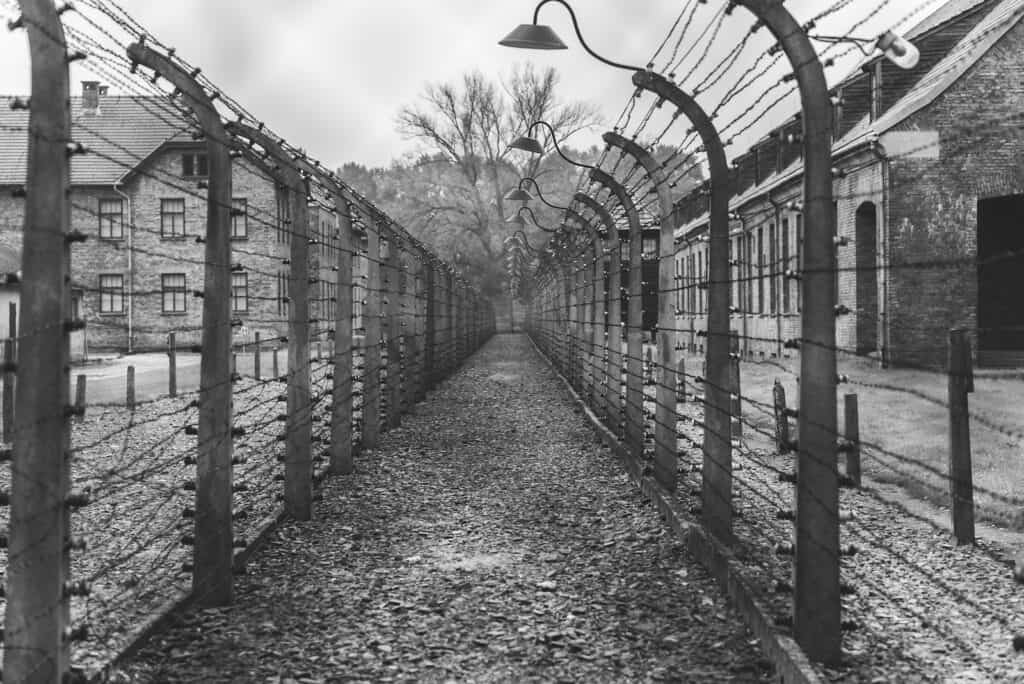Felix Steiner, born on May 23, 1896, in Stallupönen, East Prussia (present-day Nesterov, Russia), was a prominent figure in German military history, particularly during World War II. Steiner’s distinguished military career and his strategic leadership on the battlefield earned him a reputation as one of the most respected commanders of his time.
Steiner’s journey in the military began during World War I when he enlisted as an infantryman in the German Army. He displayed exceptional courage and determination in combat, fighting on both the Eastern and Western Fronts. Despite the harsh conditions and numerous challenges, Steiner’s bravery and resilience caught the attention of his superiors, paving the way for his future success in the military.
After the end of World War I, Steiner chose to remain in the army, recognizing his passion for military service. Throughout the interwar period, he actively pursued opportunities for professional development and advancement. Steiner attended various military schools and underwent extensive training, refining his skills as a leader and tactician. His dedication and expertise led to his appointment to several staff positions, where he played a crucial role in the development of military strategies and operational planning.
When World War II erupted in 1939, Steiner’s experience and proven capabilities earned him significant assignments within the German Army. He quickly rose through the ranks and assumed command of various units, demonstrating his exceptional leadership abilities and tactical acumen. Steiner’s reputation as a skilled commander and his unwavering loyalty to his troops made him a respected figure among his subordinates.
In 1943, Steiner was appointed as the commander of the 11th SS Volunteer Panzergrenadier Division “Nordland.” Comprised of foreign volunteers, this division became renowned for its exceptional combat effectiveness under Steiner’s leadership. He implemented innovative tactics and strategies, capitalizing on the diverse skills and experiences of his multinational unit. Steiner’s ability to inspire and motivate his troops in the face of adversity contributed significantly to their successes on the battlefield.
One of the most critical moments in Steiner’s military career came during the final stages of World War II, specifically the Battle of Berlin in 1945. As the commander of the III SS Panzer Corps, Steiner was tasked with leading the last major German offensive of the war, known as the Battle of the Seelow Heights. Facing overwhelming Soviet forces, Steiner’s objective was to halt the Soviet advance and defend the German capital. However, due to the dire situation and the lack of sufficient resources, Steiner’s attack could not achieve its intended objectives, and the offensive ultimately failed [1]. Despite the setback, Steiner’s unwavering resolve and commitment to his troops demonstrated his dedication to the German cause.
After the war, Steiner was captured by Soviet forces and endured several years as a prisoner of war. He faced interrogations and investigations into his involvement in the war, but ultimately, in 1952, he was released and returned to Germany. Following his release, Steiner chose to live a quiet and private life, distancing himself from public attention and avoiding any involvement in political matters.
Felix Steiner passed away on May 12, 1966, in Munich, leaving behind a legacy of military leadership and devotion to his troops. His military career and contributions during World War II continue to be subjects of historical study and analysis. Historians and scholars debate the extent of Steiner’s knowledge and involvement in war crimes committed by units under his command. While controversial aspects surround his actions, Steiner’s strategic brilliance and unwavering commitment to his soldiers remain undeniable.
Numerous books, documentaries, and scholarly works have explored Steiner’s life, military career, and his role in World War II. These sources provide in-depth insights into his tactical methods, leadership style, and the complex dynamics of the German Army during the war. Through ongoing research and analysis, the legacy of Felix Steiner endures, ensuring that his contributions to military history are not forgotten.
Sources
[1] Encyclopedia Britannica – Felix Steiner.
[2] German Wikipedia – Felix Steiner.







